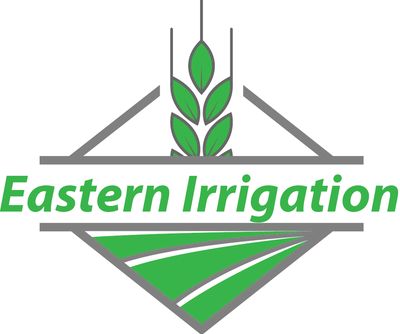A well-kept lawn or a flourishing garden isn't just the product of regular watering; it's about leveraging the power of smart irrigation. The irrigation timer, one of the most undervalued pieces of technology in garden maintenance, lies at the heart of every functional sprinkler system. So, how can we ensure we're making the most of this technological marvel?
Why Your Irrigation Timer Matters
The irrigation timer, or controller as some may refer to it, is the core nervous system of your sprinkler system. It controls when, where, and for how long each portion of your garden or lawn is watered. However, The principal value is its capacity to adapt, adjust, and optimize water usage for different conditions and seasons.
Seasonal Adaptations for Watering
Seasonal Adjustments: As the seasons change, so do the watering requirements of plants and lawns. We should make use of timings with a 'Seasonal Adjust' option. Such timers cleverly adjust the watering length according to the season, ensuring that your plants receive the moisture they require, whether it's a hot summer day or a crisp autumn morning. This not only saves water but also promotes healthy plant growth.
After all, the secret to a flourishing outdoor environment isn't just watering—it's smart irrigation. We're not just nurturing our lawns and gardens by utilizing the possibilities of our irrigation timers; we're also helping to conserve water and safeguard the environment. So, the next time you inspect your sprinkler system, remember that it is more than simply sprinklers and hoses. It's a beautiful symphony of technology, nature, and love.
Customizing Watering Schedules
Flexibility in Programming: Some parts of your yard have different watering needs. You may have a sun-soaked rose garden that thirsts for more frequent hydration than the shady fern patch by the back door. Advanced timers permit alternate programming, allowing customized watering schedules tailored to distinct zones of your outdoor space.
Beyond the Odd/Even Routine: Many abide by the odd/even watering rule due to local regulations, but modern timers offer far more granularity. With the ability to select specific days, exclude certain days, or still stick to the odd/even routine, these timers ensure you adhere to regulations and optimize water usage.
Enhancing Efficiency with Sensors
Rain Sensors: Overwatering is not just wasteful but can harm plants. With rain sensors, your system can automatically detect rainfall and adjust or halt scheduled watering, ensuring that nature's supply is accounted for. Remember, ensuring that your timer's sensor settings are appropriately activated is crucial to maximize this feature.
Soil Moisture and Weather Sensors: While rain sensors react to actual rainfall, soil moisture, and wireless weather sensors anticipate watering needs. They evaluate the moisture content in the soil or predict impending rainfall, adjusting the watering schedule accordingly. This technology works at its finest, preventing unnecessary watering and promoting a healthier garden.
Embracing the Future with Upgrades
In our digital age, sticking to old hardware can mean missing out on significant advancements. Newer timer models now have wireless capabilities, allowing garden enthusiasts to manage their irrigation system using smartphones or remote controls. Imagine adjusting your watering schedule from the comfort of your living room or while on vacation!





